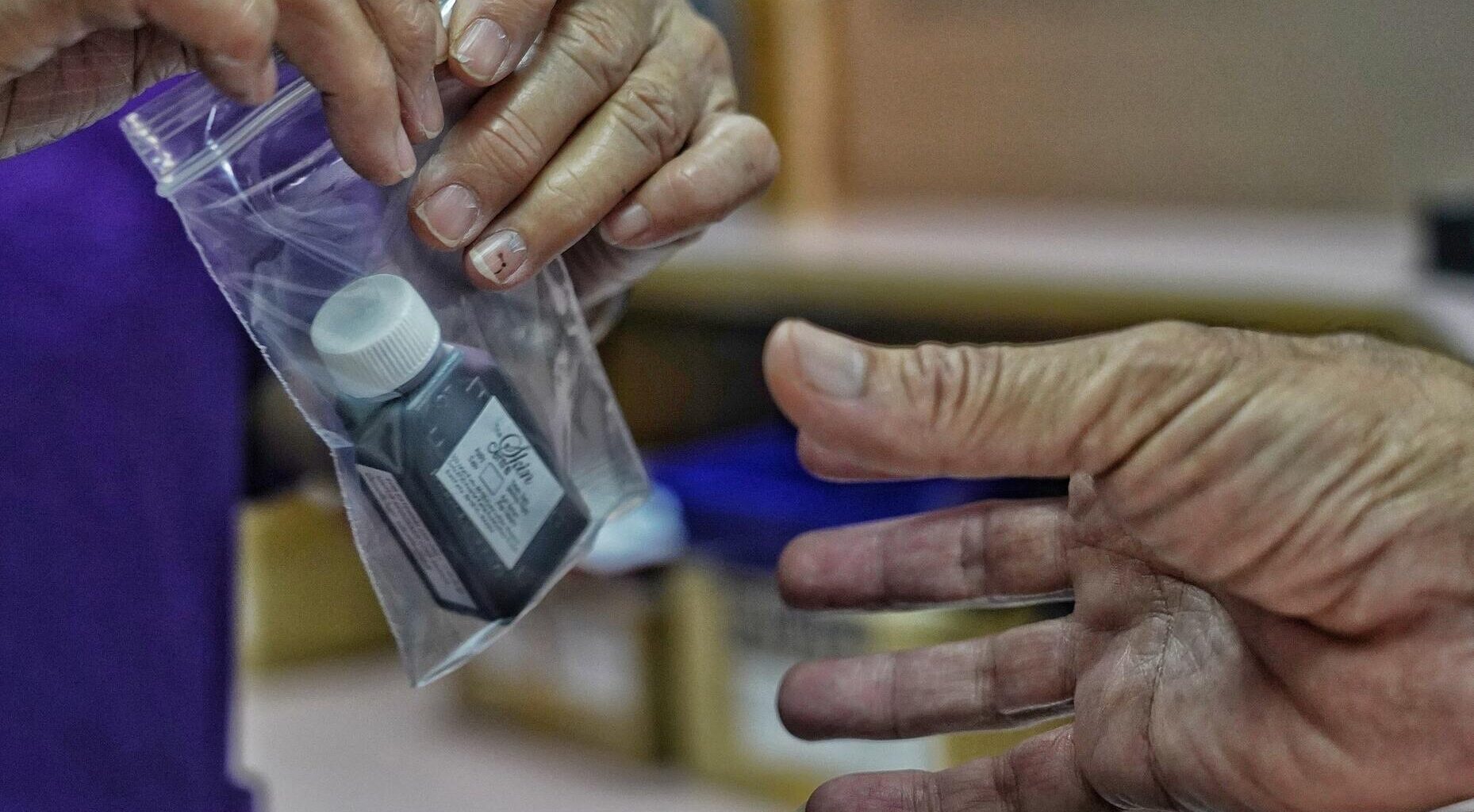KUALA LUMPUR, April 21 — A doctors’ group has criticised the Domestic Trade and Cost of Living Ministry (KPDN) for insisting on proceeding with a drug price display mandate for private general practitioner (GP) clinics.
The Federation of Private Medical Practitioners’ Associations, Malaysia (FPMPAM) hit out at Domestic Trade and Cost of Living Minister Armizan Mohd Ali for not acknowledging the difference between buying a product and receiving a medical prescription from a doctor.
“Let us be clear: medicines are not retail goods. They are regulated substances under the Poisons Act 1952, prescribed by licensed professionals based on clinical need, patient safety, and therapeutic context. They are not selected from shelves by consumers based on price tags,” FPMPAM president Dr Shanmuganathan TV Ganeson said in a statement.
“The repeated assertion that Section 10 of Act 723 [Price Control and Anti-Profiteering Act 2011] confers blanket authority to enforce price displays — including within clinical contexts — ignores the layered regulatory framework that already governs private medical practice under the Private Healthcare Facilities and Services Act 1998 (PHFSA) and the Poisons Act. These are laws administered by the Ministry of Health itself.
“Unfortunately, the Ministry of Health (MOH) has remained silent throughout this controversy. It has not defended the professional space it regulates, nor clarified its position on the application of Act 723 to licensed clinical settings. The Director General of Health, too, has been notably absent from the discourse.”
At a press conference last Friday, Armizan asked what was so special about medicines that price displays should be exempt.
He reportedly said the draft order under Act 723 for drug price displays at private clinics, hospitals, and community pharmacies is currently with the Attorney-General’s Chambers (AGC), ahead of planned enforcement on May 1.
Armizan explained that Section 10 of Act 723 empowers the minister to mandate the price display of any good or service. Section 2 on the definition of “goods”, he said, doesn’t provide exemptions for medicines.
“Therefore, based on Section 2 and 10 of [Act 723], KPDN can implement a drug price transparency mechanism,” he said, adding that compounds for infractions won’t be immediately issued during the advocacy period in the early stage of enforcement.
